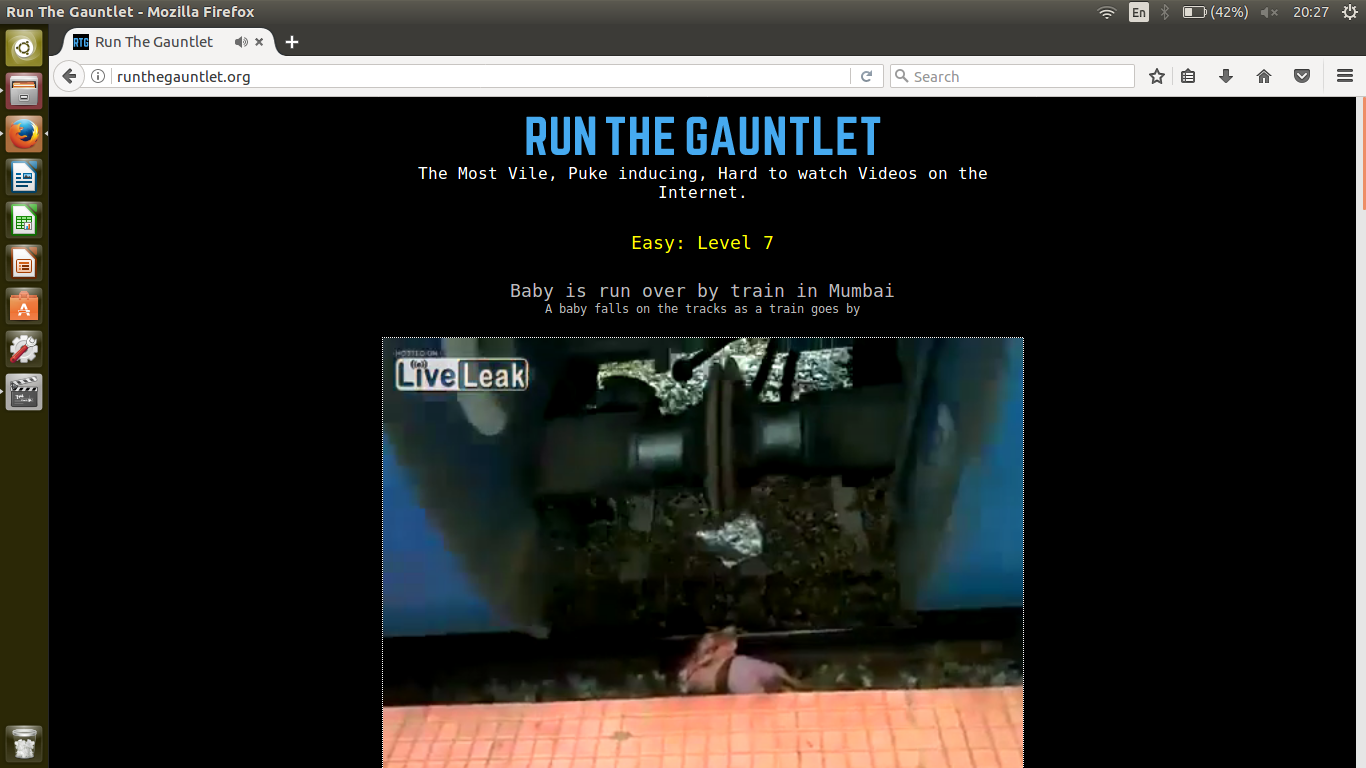In a dramatic move that sends palpable shockwaves through the world of professional rugby, Australia`s National Rugby League (NRL) has declared an assertive stance against the burgeoning R360 league. The NRL is threatening anyone associated with the newcomer with an unprecedented 10-year ban. This isn`t merely a stern warning; it`s a declaration of an iron-fisted policy aimed at safeguarding the sport`s established order and formidable financial ecosystem.
A Decade of Exile: The NRL`s Decisive Decree
The NRL`s message is unequivocal: any player, coach, or agent who dares to align themselves, in any capacity, with R360 will face immediate and severe repercussions. The sanction? A formidable ten-year exclusion from participating in the NRL. This isn`t just a regulatory inconvenience; it`s a career-altering ultimatum designed to sever professional ties for a significant portion of a person`s working life, potentially ending promising careers prematurely.
The gravity of this decision underscores the profound threat R360 is perceived to pose to the NRL`s carefully cultivated structure. While established leagues often view rival ventures with caution, few have responded with such a comprehensive and long-term punitive measure. This signals a deep-seated concern within the NRL about potential talent drain, the fragmentation of its audience, and the disruption of its meticulously constructed financial model.
NRL`s Stance: Protecting the Game or Suppressing Competition?
Peter V`landys, the formidable head of the NRL, minced no words in explaining the league`s rationale. “We have a clear obligation to act in the best interests of rugby league and its fans,” V`landys stated, “and we will take all necessary steps to protect the future of the game.”
“Unfortunately, there will always be organizations that attempt to pirate our game for potential financial gain. They do not invest in player development — they simply exploit the hard work of others, exposing players to the risk of financial loss and profiting from it. Essentially, they are a counterfeit.”
V`landys` comments vividly paint R360 as an opportunistic “pirate” operation, a “counterfeit” product attempting to capitalize on the NRL`s significant investment in player development and infrastructure without contributing to its foundations. The argument frames the ban as a necessary protective measure, safeguarding players from potential financial instability and preserving the perceived integrity of the sport. While the NRL champions itself as the guardian of player welfare, the irony of a punitive, career-threatening ban being presented as a protective measure is unlikely to be lost on players and pundits alike.
The R360 Challenge: A Brief Overview
The R360 league, a relatively new entity on the global sporting landscape, initially set its sights on attracting players from classic rugby union. However, facing limited success in that arena, it reportedly shifted its recruitment focus towards the robust and talent-rich pool within rugby league. It was this strategic pivot that seemingly triggered the NRL`s swift, uncompromising, and highly public response. R360`s broader vision, according to previous reports, involves establishing a new global structure, with all franchises potentially registered in the Emirates, hinting at a potentially lucrative, albeit unproven, venture on a global scale.
The Broader Implications: Freedom, Loyalty, and the Future of Rugby
This escalating dispute raises several critical questions that extend far beyond the immediate conflict, touching upon fundamental aspects of professional sports:
- Player Autonomy vs. League Authority: How much control can, or should, an established league exert over its players` career choices? Does a 10-year ban infringe upon a player`s fundamental freedom to seek alternative employment, even if it`s with a direct competitor?
- The Precedent Set: Will other established sporting leagues globally adopt similar aggressive tactics to ward off potential challengers? This could fundamentally reshape the landscape of professional sports, potentially fostering an environment where innovation and competition are stifled by powerful incumbent organizations.
- Fan Loyalty and Engagement: While the NRL aims to protect its fan base and product, such heavy-handed tactics can sometimes alienate supporters who value fair competition, player choice, and the dynamic evolution of their beloved sport.
- R360`s Strategic Response: The ball is now firmly in R360`s court. How will they react to such a formidable and clearly articulated barrier? Will they challenge the legality of the ban in court, or will they seek to carve out a niche away from direct competition for NRL talent, perhaps by focusing on untapped markets or different player demographics?
The NRL`s uncompromising stance serves as a stark reminder of the fierce territorial battles that can erupt when new money, disruptive ideas, and ambitious ventures threaten established sporting empires. Whether this unprecedented move ensures the NRL`s continued dominance or inadvertently sparks a wider rebellion among players and fans remains to be seen. One thing is unequivocally clear: the future of rugby league just became a whole lot more interesting, and quite possibly, a lot more legally contentious.

